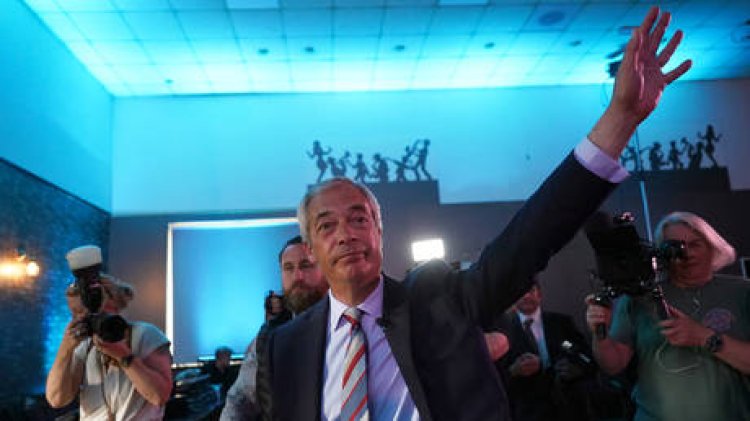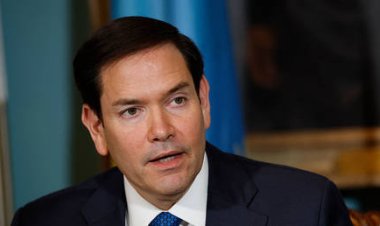Farage's Party Sees Significant Advances in Local UK Elections
The right-wing Reform UK party has taken control of ten out of 23 local authorities contested in recent elections, securing 677 out of over 1,600 seats across England, while both the Labour and Conservative parties faced significant losses...

As results began to emerge on Friday, the party, led by the outspoken Brexit advocate Nigel Farage, distinguished itself as the leading force in the elections for the 23 local authorities, seizing control of ten councils. Among the councils gained were eight from the Conservatives—Derbyshire, Kent, Lancashire, Lincolnshire, North Northamptonshire, Nottinghamshire, Staffordshire, and West Northamptonshire—as well as Doncaster from Labour and Durham, which had no party holding a majority prior to these elections.
In addition, Reform UK achieved a noteworthy win in parliamentary by-elections in Runcorn and Helsby, where they defeated Labour by a narrow margin of just six votes following a recount. This victory has increased the party's representation in the UK Parliament to five seats.
According to a projection from the BBC, should a general election occur today, Reform UK would secure 30% of the vote, placing them ahead of Labour at 20% and the Conservatives at 15%. Nonetheless, the next general election is scheduled for May 2029, following last year's election, which witnessed a significant victory for Labour amid widespread dissatisfaction with the Conservative government's economic policies.
Reflecting on his party's achievements, Farage stated: “In post-war Britain, no one has ever beaten both Labour and the Tories in a local election before. These results are unprecedented… Reform can and will win the next general election.”
Responding to the election results, UK Prime Minister Keir Starmer expressed that he felt a “sharp edge of fury,” but acknowledged the voters’ decision, committing to “go further and faster in pursuit of… national renewal.” Meanwhile, Conservative Party leader Kemi Badenoch candidly declared the election outcome a predictable “bloodbath,” emphasizing the need for the Tories to work diligently to regain the public's trust.
The ascent of Reform UK is largely attributed to voter dissatisfaction with high immigration levels, escalating living costs, and perceived years of mismanagement from both major political parties. The party has heavily emphasized its pledge to reduce immigration—including curbing small boat crossings—lower taxes, and decrease council spending, positioning itself as the sole alternative to what it describes as “a failed political establishment.”
Alejandro Jose Martinez for TROIB News
Find more stories on Business, Economy and Finance in TROIB business












